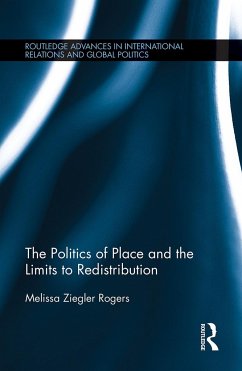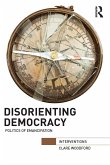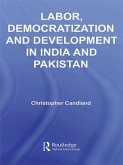Numerous scholars have noticed that certain political institutions, including federalism, majoritarian electoral systems, and presidentialism, are linked to lower levels of income redistribution. This book offers a political geography explanation for those observed patterns. Each of these institutions is strongly shaped by geography and provides incentives for politicians to target their appeals and government resources to localities. Territorialized institutions also shape citizens' preferences in ways that can undermine the national coalition in favor of redistribution. Moreover, territorial institutions increase the number of veto points in which anti-redistributive actors can constrain reform efforts. These theoretical connections between the politics of place and redistributive outcomes are explored in theory, empirical analysis, and case studies of the USA, Germany, and Argentina.
Hinweis: Dieser Artikel kann nur an eine deutsche Lieferadresse ausgeliefert werden.
Hinweis: Dieser Artikel kann nur an eine deutsche Lieferadresse ausgeliefert werden.








